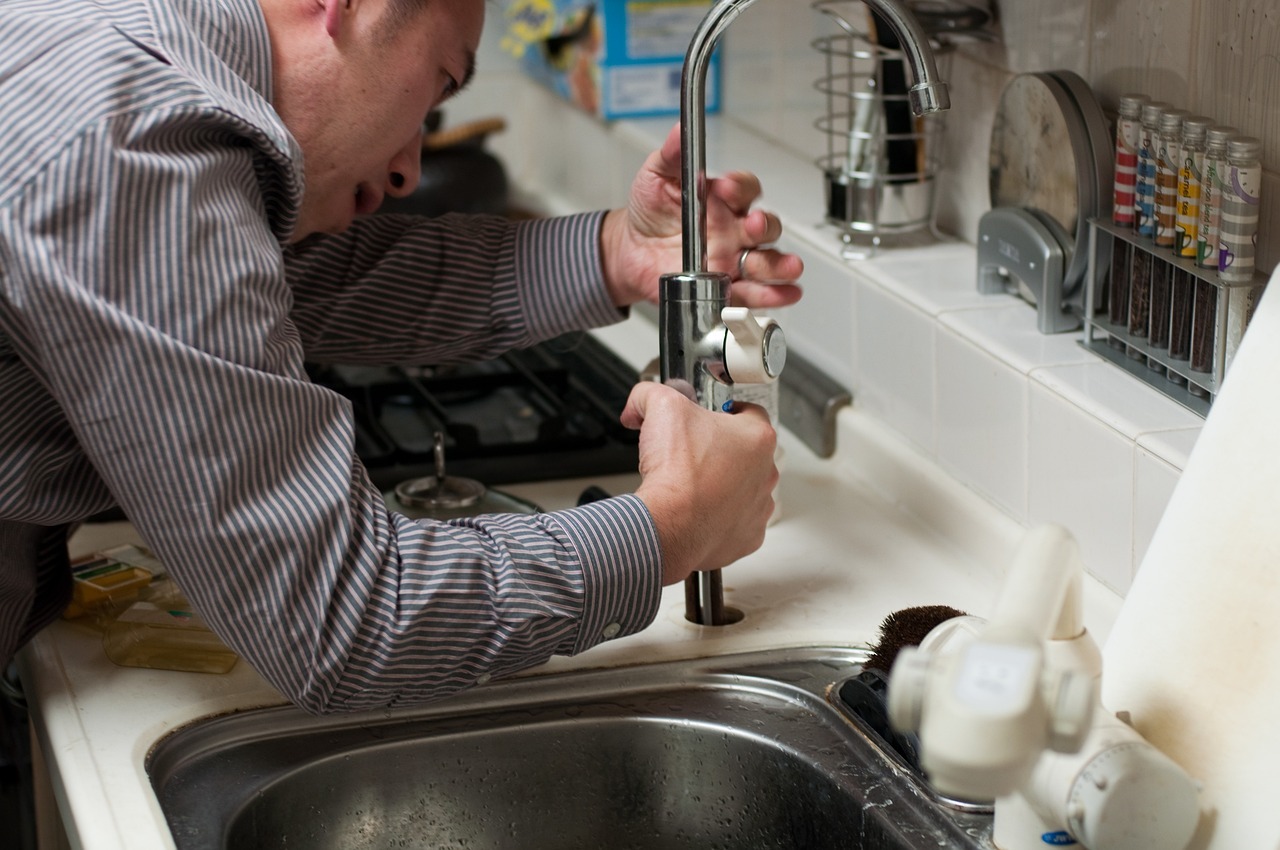Maintaining the plumbing in your home can often feel like wading into uncharted waters. Homeowners across the U.S. spend an average of 3.7 billion dollars annually on home improvements and repair, with a significant portion allocated to plumbing related issues. Decoding the mysteries of your home plumbing doesn’t have to be a daunting task, however. You can drastically cut your maintenance costs simply by comprehending some fundamental aspects of your house’s plumbing system.
Your Plumbing System Overview
The system that makes up your home’s plumbing is generally divided into two distinct parts: the water supply system and the drainage system. The pipes for each are made from variant materials and serve different purposes. The supply system brings fresh water into your residence, while the drainage system lets waste exit. It’s important to note that poor air quality in home can also emerge as a consequence of faulty or outdated plumbing systems.
The Source of Your Supply
Your house gets its water from one of two sources: a drilled well or a municipal supply line, which is determined by where you live. In suburbs, it’s often municipal supplies providing water whereas rural homes usually depend on wells.
Pressure in Your Water Supply
Water pressure is a crucial part of your supply system ensuring adequate flow. If you notice low pressure, it could be due to blocks or leaks in your pipes, which may require professional help.
Differences in Pipe Materials
Pipes are made with a variety of materials including copper, PVC, lead, or iron. Each has its own lifespan and unique set of challenges, so knowing the type in your home can aid in accurately predicting possible problems.
Pipe Lifespan Explained
Over time, pipes will corrode and wear out. For instance, copper pipes are estimated to last around 70-80 years while PVC may only have a 25-40 year lifespan. This variance directly affects when replacements might be expected.
The Importance of Regular Checks
Conducting regular checks on your plumbing can save you from unexpected repairs. Consistently looking for leaks, corrosion, mold or odd noises ensures you spot problems early before they turn into major issues.
How to Handle Leaks
If you notice a leak, it’s important to immediately shut off the water and call a professional plumber. Small leaks can quickly escalate, causing costly flooding and damage to your home’s structure.
The Taps in Your Home
Taps are easy to overlook, but they’re an integral part of your plumbing system. Besides their primary function of allowing water access, they serve as pressure relief valves and even prevent backflow contamination.
Hot Water System Mechanics
Your hot water system is a separate component to your plumbing that requires its own care and attention. It should be regularly maintained and checked for leaks or drops in water temperature.
The Drainage System Purpose
If the supply system brings water in, the drainage system takes wastewater out. Due to gravity, this always slopes downwards taking waste away from your home to nearby communal waste lines or septic tanks and then on to treatment plants.
Avoiding Clogged Drains
Clogged drains can cause backups and lead to larger problems for homeowners. Avoid putting greasy materials down sinks and ensure bathroom plugholes are cleared of hair regularly.
Dealing with Blocked Drains
If a drain becomes blocked, you could try to unblock it using a plunger or drain snakes. For bigger blockages that these manual tools cannot handle, calling in a plumber is advisable.
The Role of Your House’s Venting System
Vents are essential in maintaining pressure balance within your drainage system and preventing sewer gasses from coming back into your house. Kitchen and toilet fixtures all have vents installed specifically for this purpose.
Final Words
Becoming acquainted with your home’s plumbing system can save you time, money and spare you from unexpected disaster. You’ve learned the importance of regular checks, the different materials pipes can be made from and the lifespan of these, among other things. Above all else, remember that noticing something unusual and addressing it sooner rather than later is key to maintaining a well-performing plumbing system. It is often simpler to prevent a problem than to fix one.

